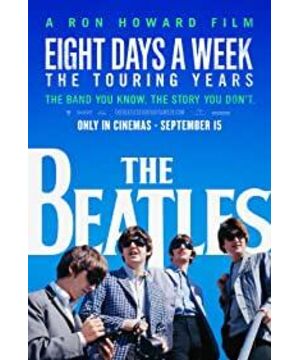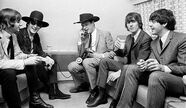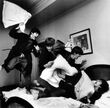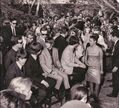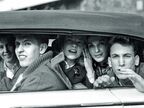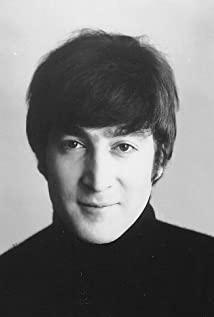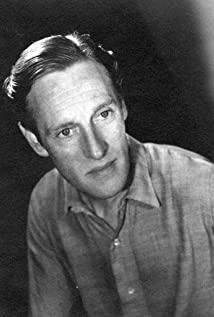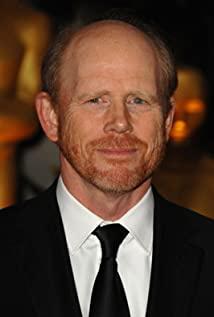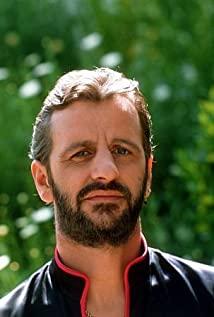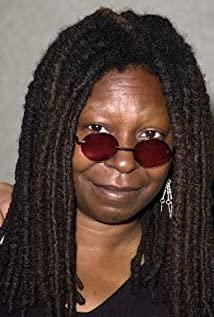He said that making this documentary is not much different from other movies in the past: it is all about finding something that touches oneself from the story, sorting out a story line, and then telling it to others.
There have been so many documentaries about the Beatles, but this is the first documentary officially approved. One of the signs is that each of Paul and Ringo sat down to record interviews for the documentary.
I watched it for two and a half hours, laughed, shed tears, and sighed with emotion. The biggest feeling is that Ron Howard told this story so well, even if I was resistant to the academics, I was completely bought off.
First of all, the sound and picture quality is really amazing. This film is about condensing the best film restoration technology at the moment, especially the scene of Shea Stadium in New York in 1965, which was attached to the documentary. The picture is as clear as a dream. It makes me vaguely feel that this is not a film 50 years ago, but a living one. Now. It seems that these four people, full of youthful vitality, are people of the same age as ours.
What is even more emotional is that they couldn't hear their own singing and playing sounds at all during the performance. When John and Paul were speaking into the microphones, they couldn't help asking repeatedly: can you hear me? There was a deafening scream in the audience.
What a 50-year dream.
Those little girls who are crying and screaming crazily may be the gray-haired grandmother walking on the corner today. Everyone has been young and crazy. In the 1960s, like the idols they chased, they had such an honest and frankness. This attitude seems to be rare nowadays. I even envy the girls at that time.
Another outstanding feature of this film is to restore the story of the Beatles tour back to the time in history: the death of President Kennedy, the racial equality movement in the South.
Of course, more pen and ink is used to describe the cuteness, wisdom and frankness of the four of them. Under the influence and pressure of beatlemania, how rare it is to maintain that attitude. And their increasingly mature music creation, from simple to complex.
The documentary ends with the last public performance of the four of them: on the roof of Apple corp's London office in 1969. Of course the picture quality is much better than the current version.
So I personally feel that this film is a very worthwhile documentary, even if it is only for the restored quality.
View more about The Beatles: Eight Days a Week - The Touring Years reviews


